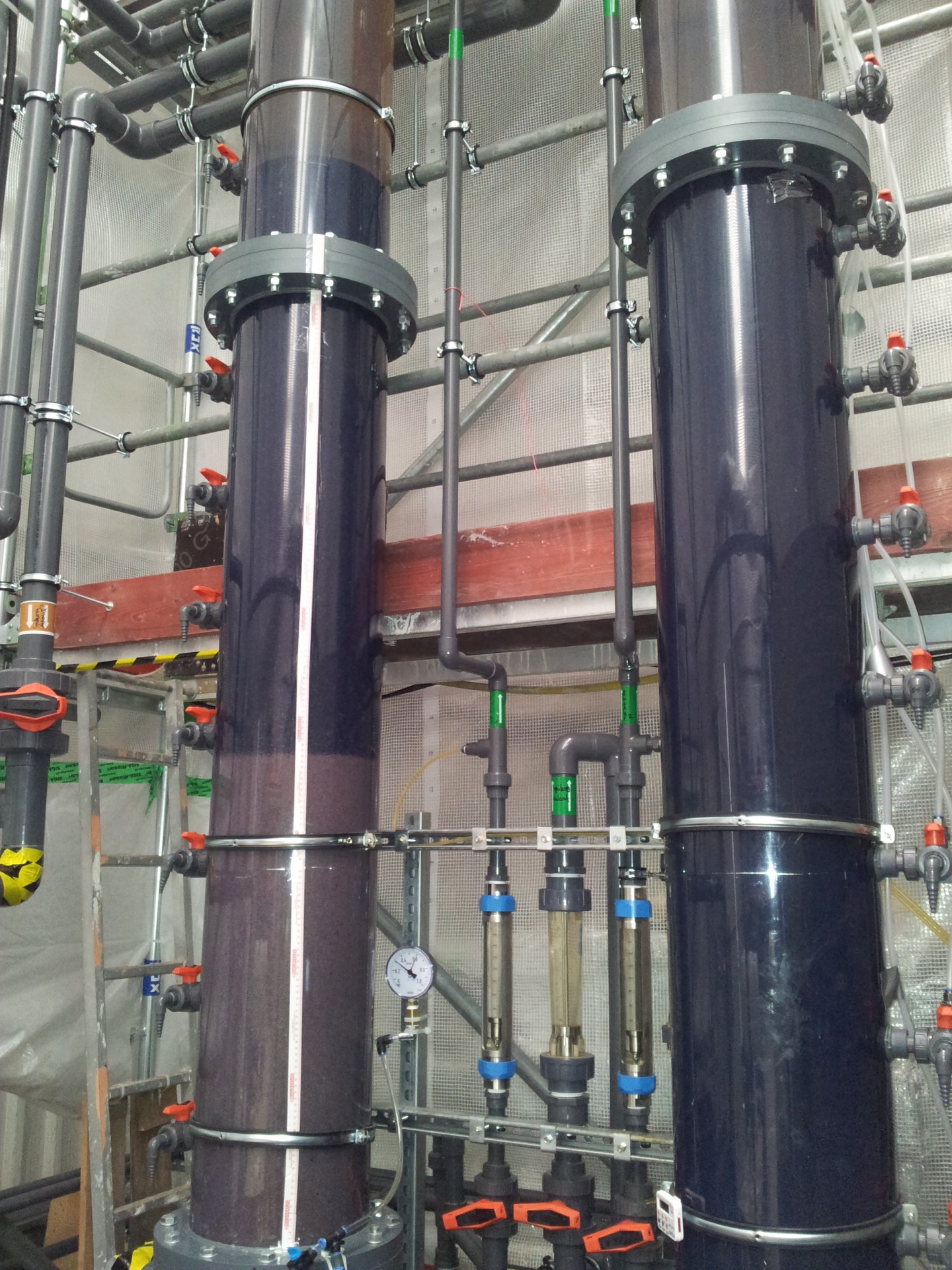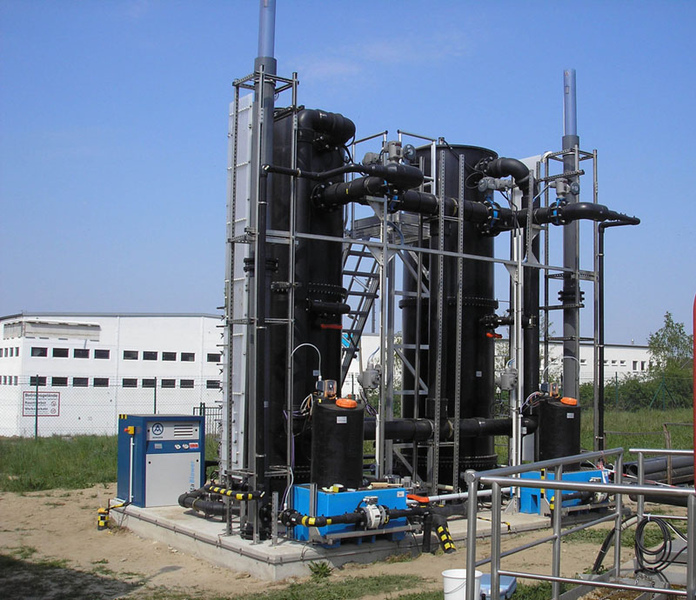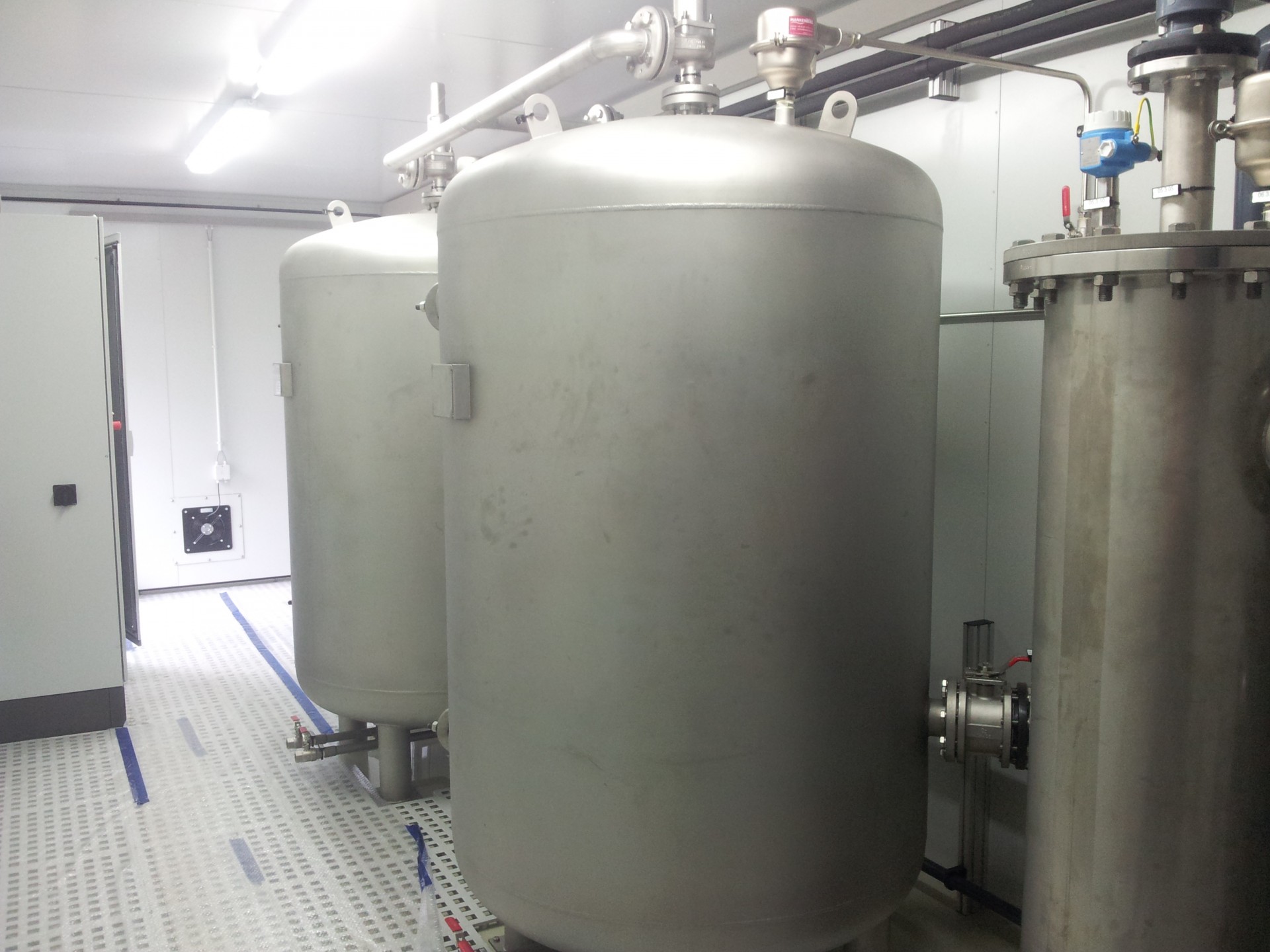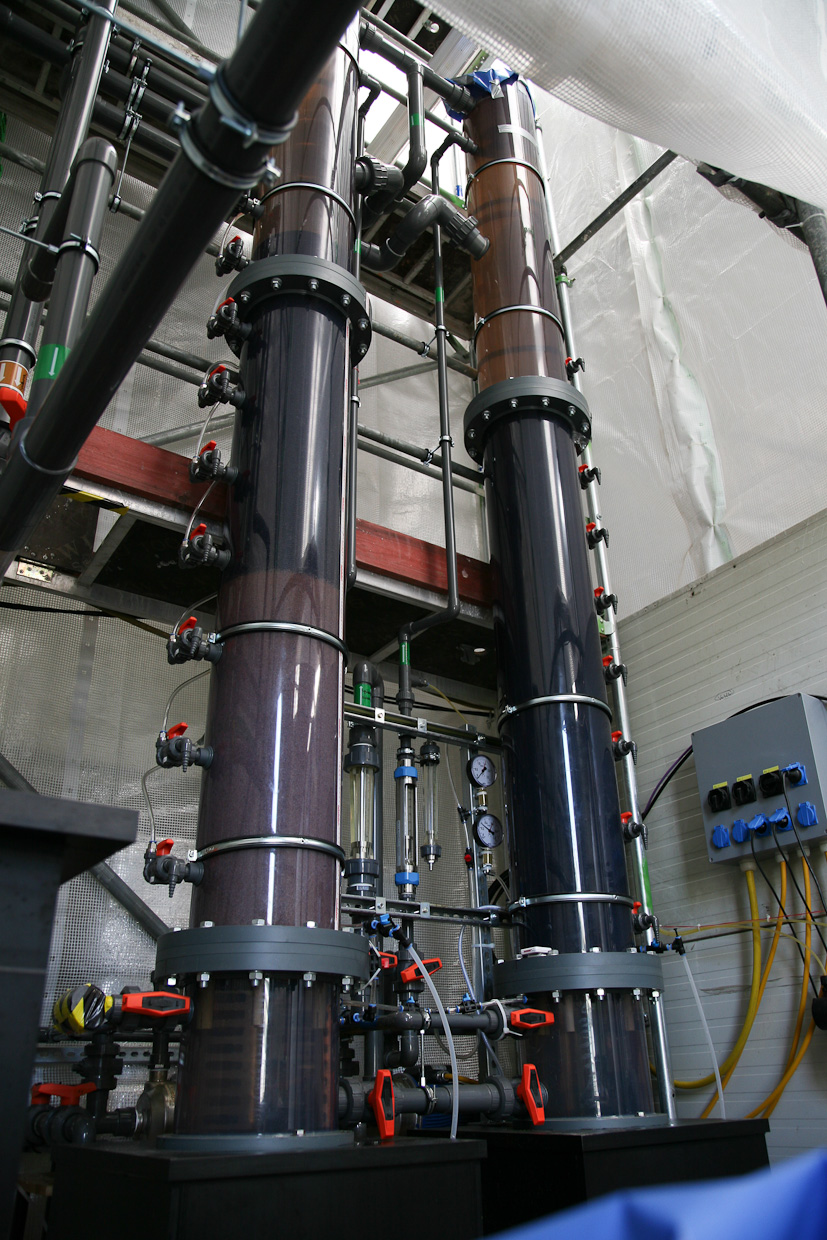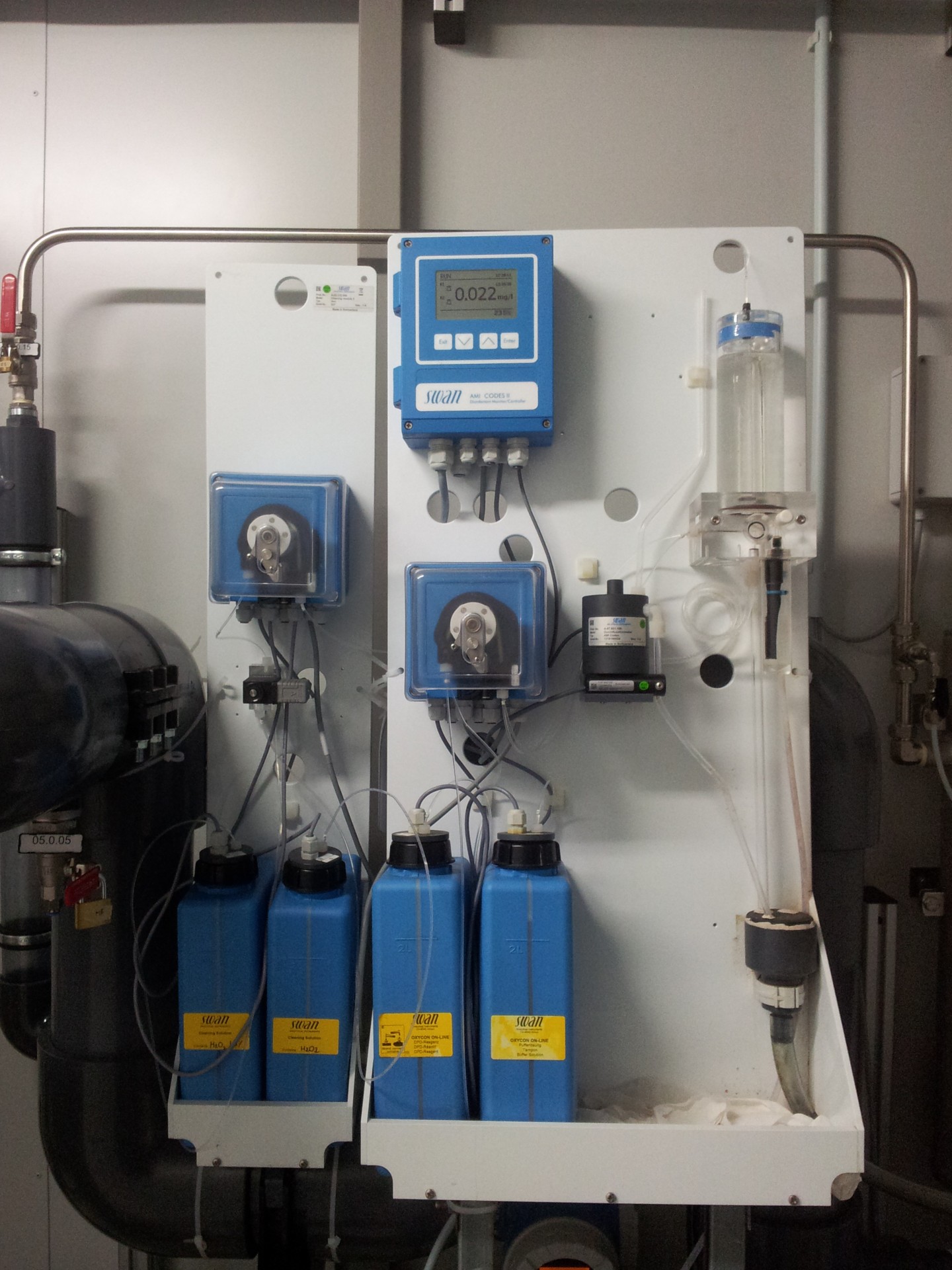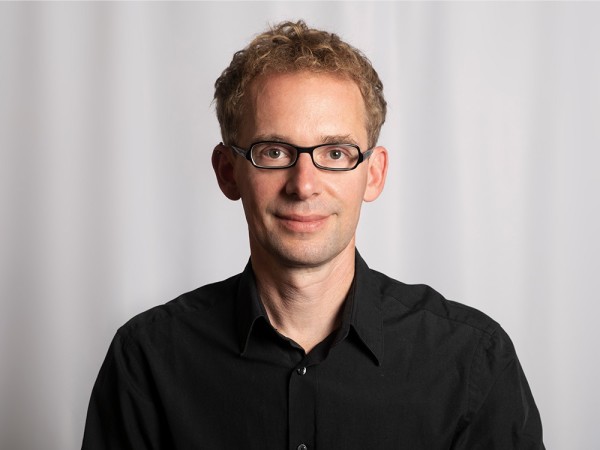The climate change predictions for the Berlin-Brandenburg region for the next decades are based on less summer rainfall which might lead to a decrease in the current water quantities of the rivers Spree and Havel. At the same time, largely owing to the demographic development, the consumption of medicinal products is assumed to rise. In the long term, both trends may cause increased concentrations of so-called trace organic compounds (i.e. amongst others also pharmaceutical residues) and of microorganisms in our surface waters and thus possibly impact the groundwater quality. Different scenarios are based on the assumption that the concentration of trace organic compounds in the regional surface waters will possibly reduplicate.
The joint research project ASKURIS which is funded by the German Federal Ministry of Education and Research (BMBF), has the following goals:
Evaluation of risks related with trace organics and pathogens in an semi-closed urban water cycle
Identification and evaluation of technical and natural barriers towards the targeted compounds, including pilot trials for processes such as oxidation and adsorption
Development of a sound risk communication strategy
In the scope of pilot tests, KWB will assess the efficiency of oxidation processes with or without tertiary treatment for the removal of trace organic compounds. In addition, eligible hybrid processes and their fields of application (sewage works vs treatment plant) will be evaluated.
Project website (in German only)
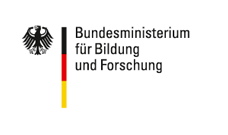

- Kann die Kohle nachhaltig sein? – Einsatz von Aktivkohle zur Elimination von Spurenstoffen aus kommunalem Abwasser
- Ökobilanz und wirtschaftlicher Vergleich verschiedener Phosphoreliminationsverfahren in Kläranlagen
- Comparison between different filter systems as a post treatment after tertiary ozonation
- Managed Aquifer Recharge with Reclaimed Water –Optimization of Pre-treatment via Ozonation
- Comparison between two different filter systems as a post treatment of an ozonation to remove micropollutants
